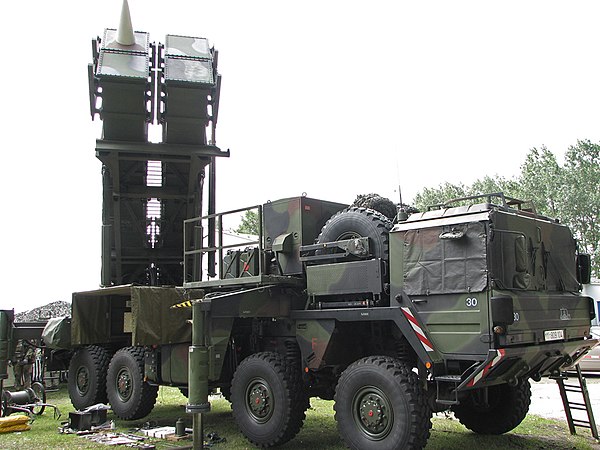This article claims the Patriot batteries removed from Saudi Arabia are heading to “Northeast Asia” which likely would mean South Korea:

On May 5, a report by imagery experts at Jane’s Intelligence Review and the Center for Strategic and International Studies confirmed in the unclassified space the existence of a near-completed missile assembly and storage facility large enough to accommodate all known North Korean ballistic missiles and launchers. It is an almost braggadocious representation of the missile modernization program North Korea has pursued over the past decade while simultaneously feigning sincerity about curbing its nuclear pursuits.
As such, the removal of Patriot batteries from Saudi Arabia should not be a surprise. They will once again be moved to Northeast Asia to guard against the more imminent threat from an unpredictable Kim Jong-un.
The National Interest
You can read more at the link, but the Patriot batteries in Saudi Arabia were deployed there from units based in the U.S. They are just not going to pick up and move to Korea. Their redeployment means they are going back to the United States. Sending them to South Korea would be a large troop build up and after the THAAD fiasco does anyone think the Moon administration is ready for more U.S. troops and missile defenses to be sent to South Korea?
What is likely going on is that returning the Patriots to the U.S. would give U.S. military planners flexibility to deploy them to augment missile defenses in Korea if a crisis was to occur. The batteries being deployed to Saudi Arabia reduces this flexibility. Additionally it is arguable that providing the missile defenses to Saudis also take the onus off of them to buy and equip their own missile defense to defend themselves.









